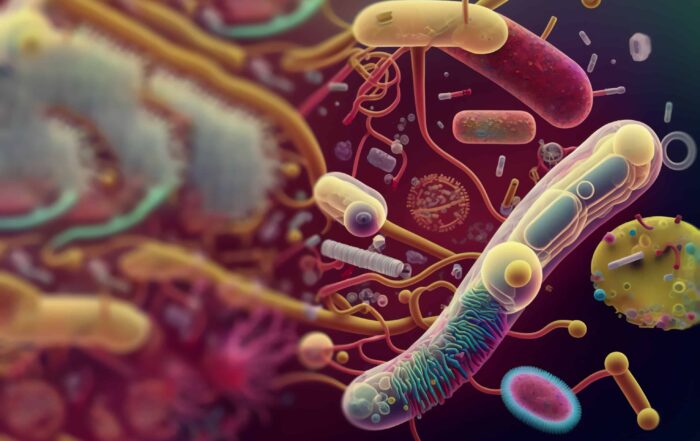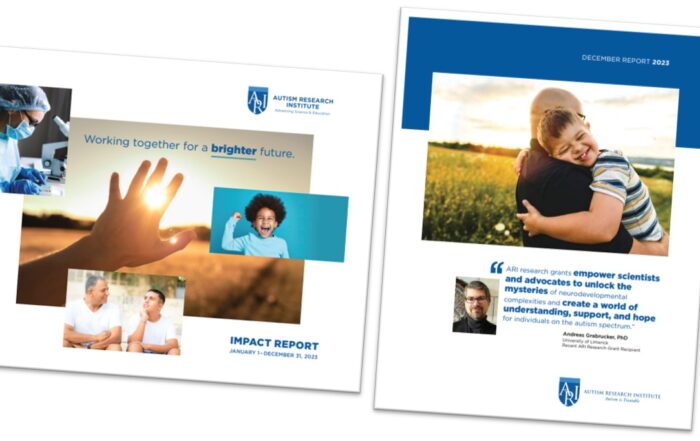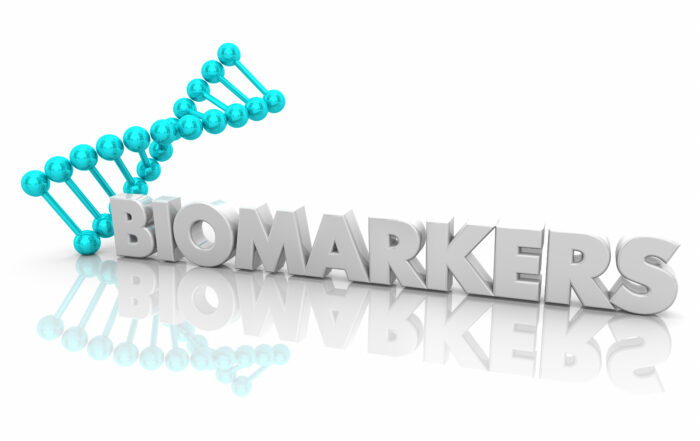Vitamin D deficiency is strongly implicated as a risk factor for autism spectrum disorders (ASD), and researchers in Australia report evidence that vitamin D deficiency during early development may increase the likelihood of ASD by altering the gut.
Man Kumar Tamang and colleagues note that growing numbers of both animal and human studies indicate an association between autism and gastrointestinal issues. In addition, they say, vitamin D deficiency and/or supplementation is known to affect the structure, function, and microbiome of the gut. “Thus,” they say, “our objective in this study was to examine if the gut microbiome and gut physiology were… altered by developmental vitamin D deficiency and whether any alterations were associated with ASD-related behavioral phenotypes.”

As in previous studies by the same team, the researchers observed a range of ASD-related behaviors in rats with developmental vitamin D deficiency. These included altered dam-pup communication, reduced social interaction, and increased stereotypical behaviors. In addition, they detected “significant impacts of developmental vitamin D deficiency on gut health.” These included alterations of the gut microbiome and decreased length of villi (the finger-like projections on the interior surface of the small intestine).
The researchers also found increased levels of a short-chain fatty acid (SCFA) called propionate in the ileum. Previous research has suggested an association between elevated levels of propionate and autism in humans.
They conclude, “The epidemiological links between maternal vitamin D deficiency and increased autism risk are well-established. The emerging data concerning gut health in children with autism and the role of vitamin D in preserving gut function suggest this ASD risk factor may act via alterations to the gut microbiota, gut SCFA synthesis, or altering gut physiology. The high prevalence of vitamin D deficiency in pregnant women increases concern regarding this link.”
—
“Developmental vitamin D-deficiency produces autism-relevant behaviours and gut-health associated alterations in a rat model,” Man Kumar Tamang, Asad Ali, Renata Nedel Pertile, Xiaoying Cui, Suzy Alexander, Marloes Dekker Nitert, Chiara Palmieri, and Darryl Eyles, Translational Psychiatry, June 14, 2023 (free online). Address: Darryl Eyles, Queensland Brain Institute, The University of Queensland, Brisbane, Australia, [email protected].
This article originally appeared in Autism Research Review International, Vol. 37, No. 3, 2023
Editorial – Fecal Microbiota Transplantation and Autism
Over the past several years, Fecal Microbiota Transplantation (FMT) has become the subject of growing interest in the autism community due, at least in part, to the increased awareness of the gut-brain
ARI’s Latest Accomplishments
Connecting investigators, professionals, parents, and autistic people worldwide is essential for effective advocacy. Throughout 2023, we continued our work offering focus on education while funding and support research on genetics, neurology, co-occurring medical
Biomarkers start telling us a story: Autism pathophysiology revisited
Antonio Persico, MD, a recent ARI Research Grant recipient, explores the role of biomarkers in understanding autism pathophysiology. He discusses the complexity inherent to neurodevelopmental conditions and emphasizes the need to combine




